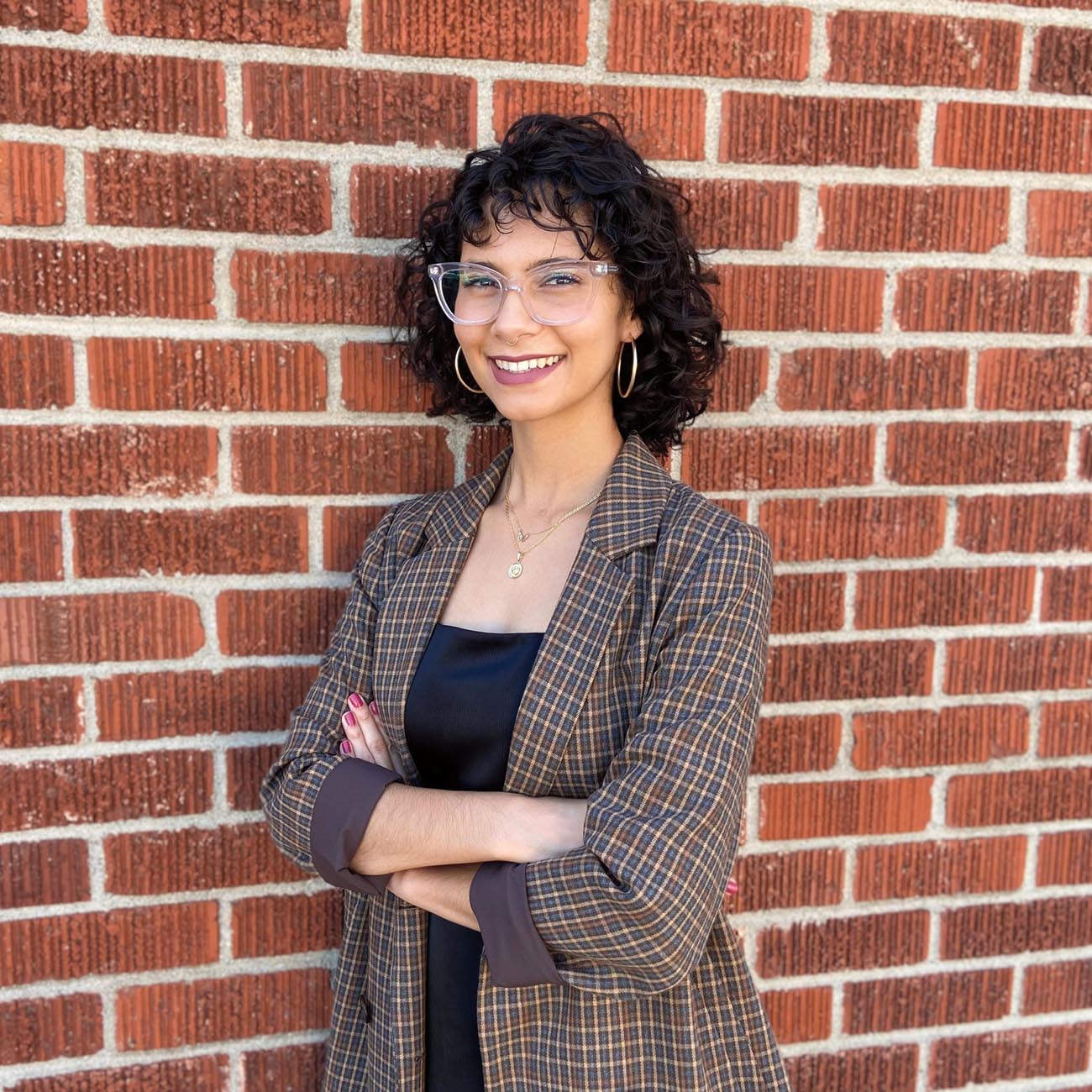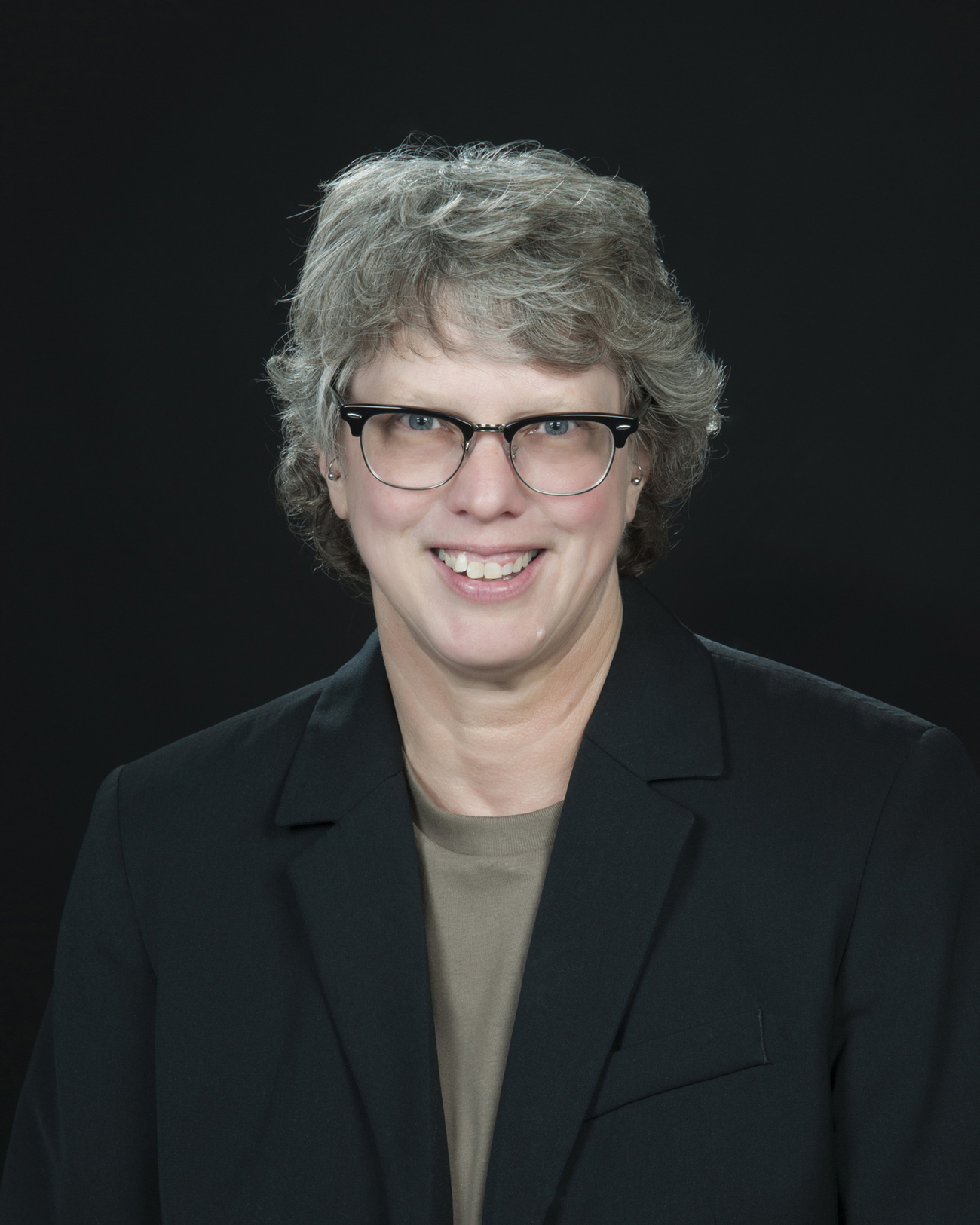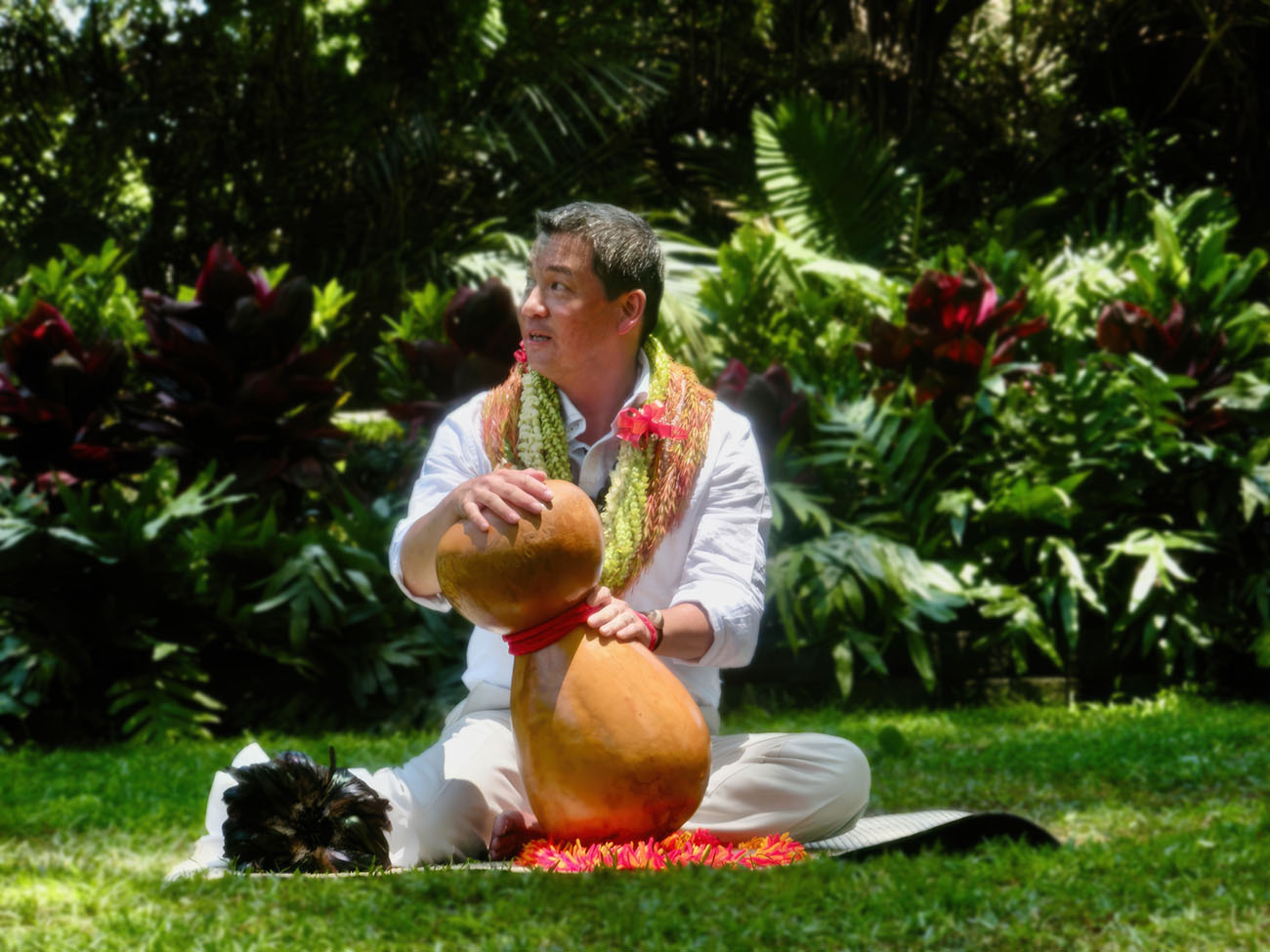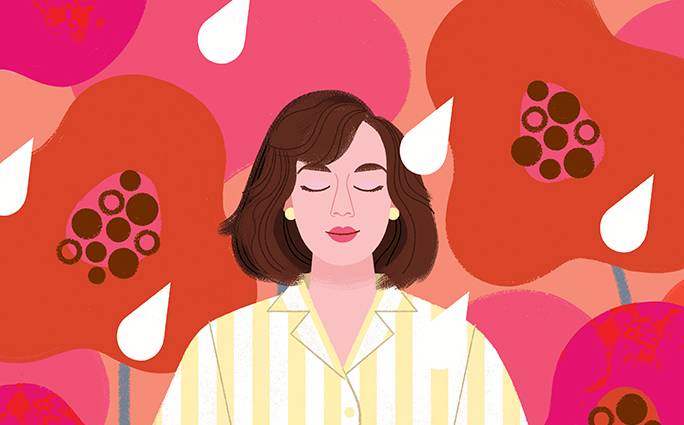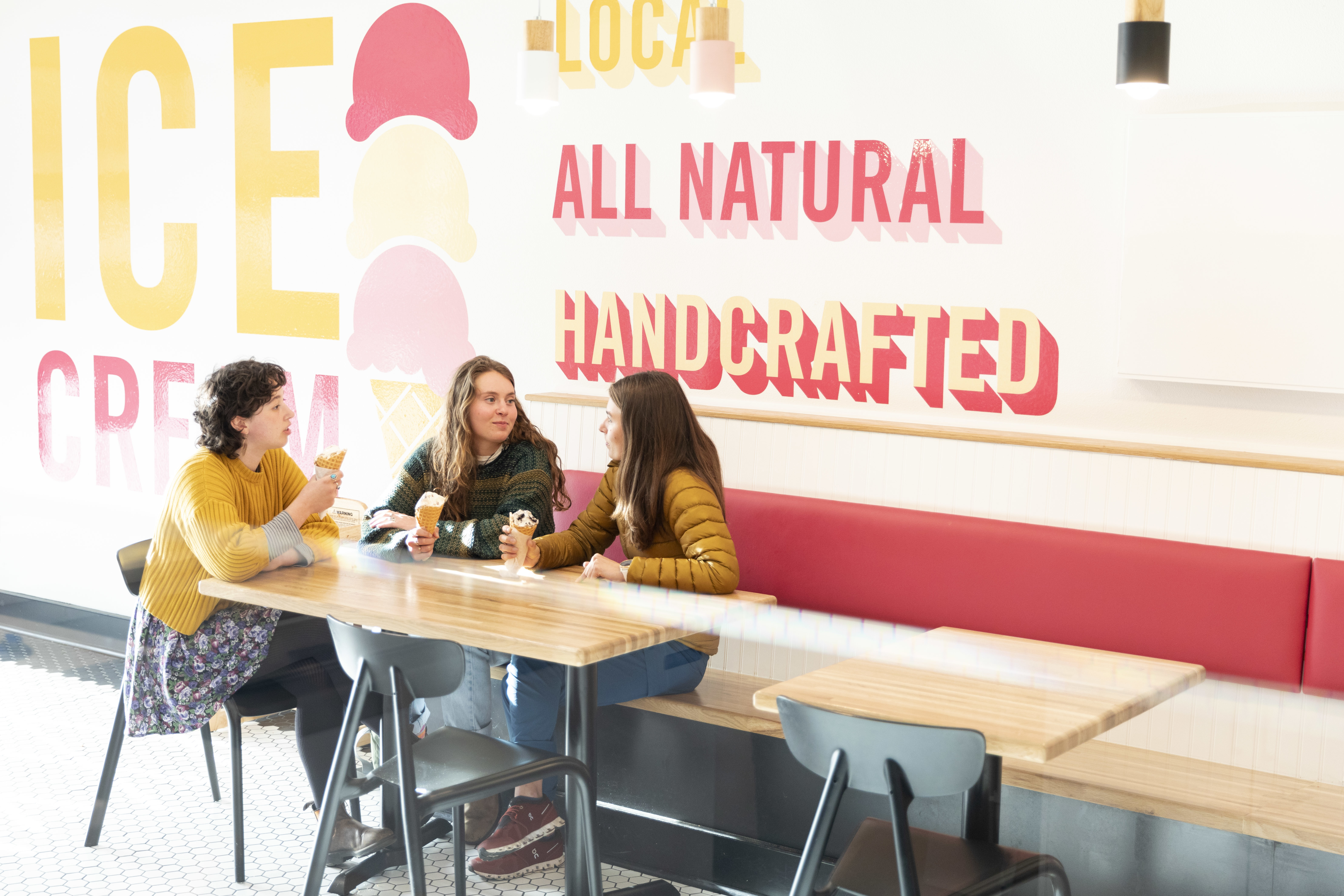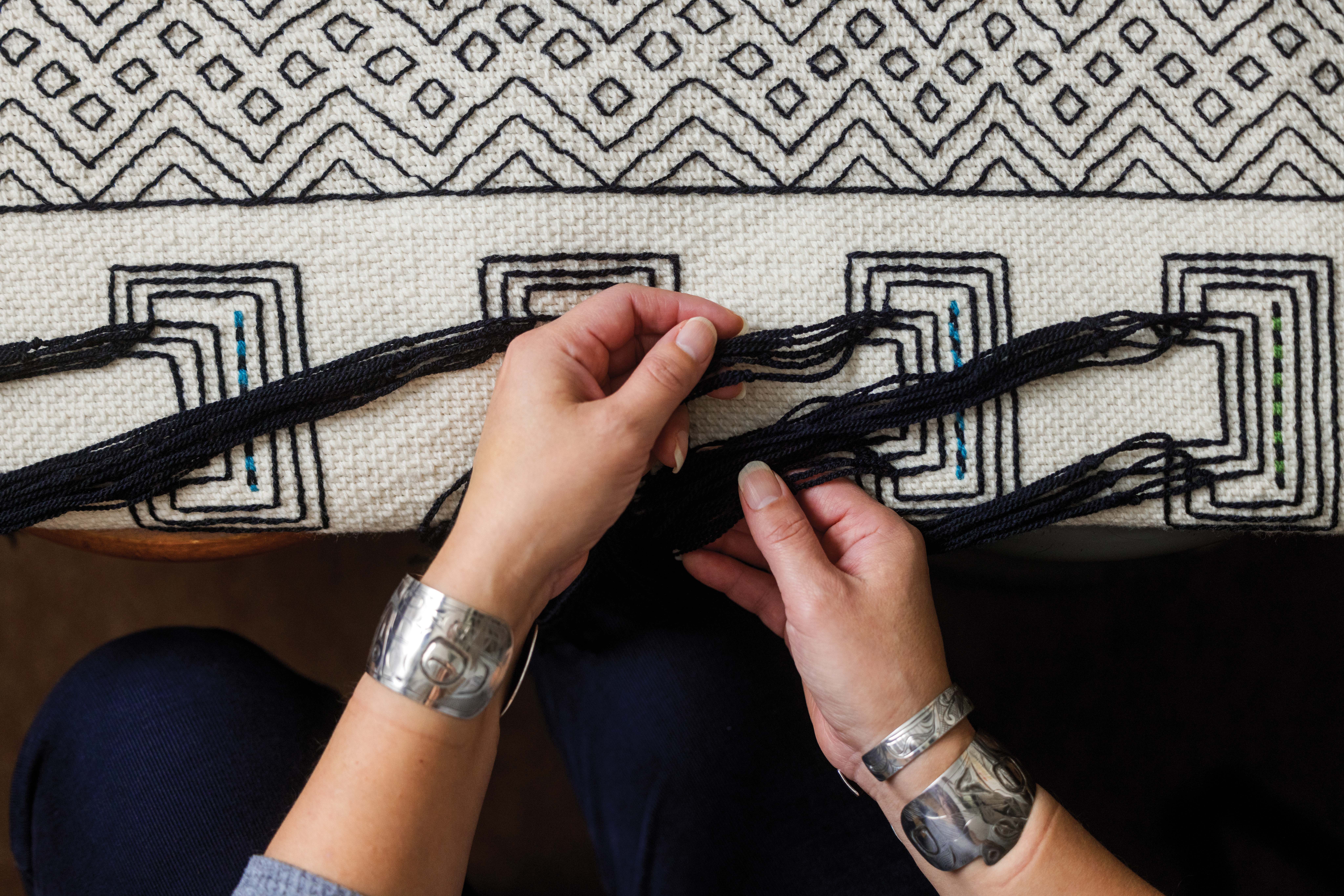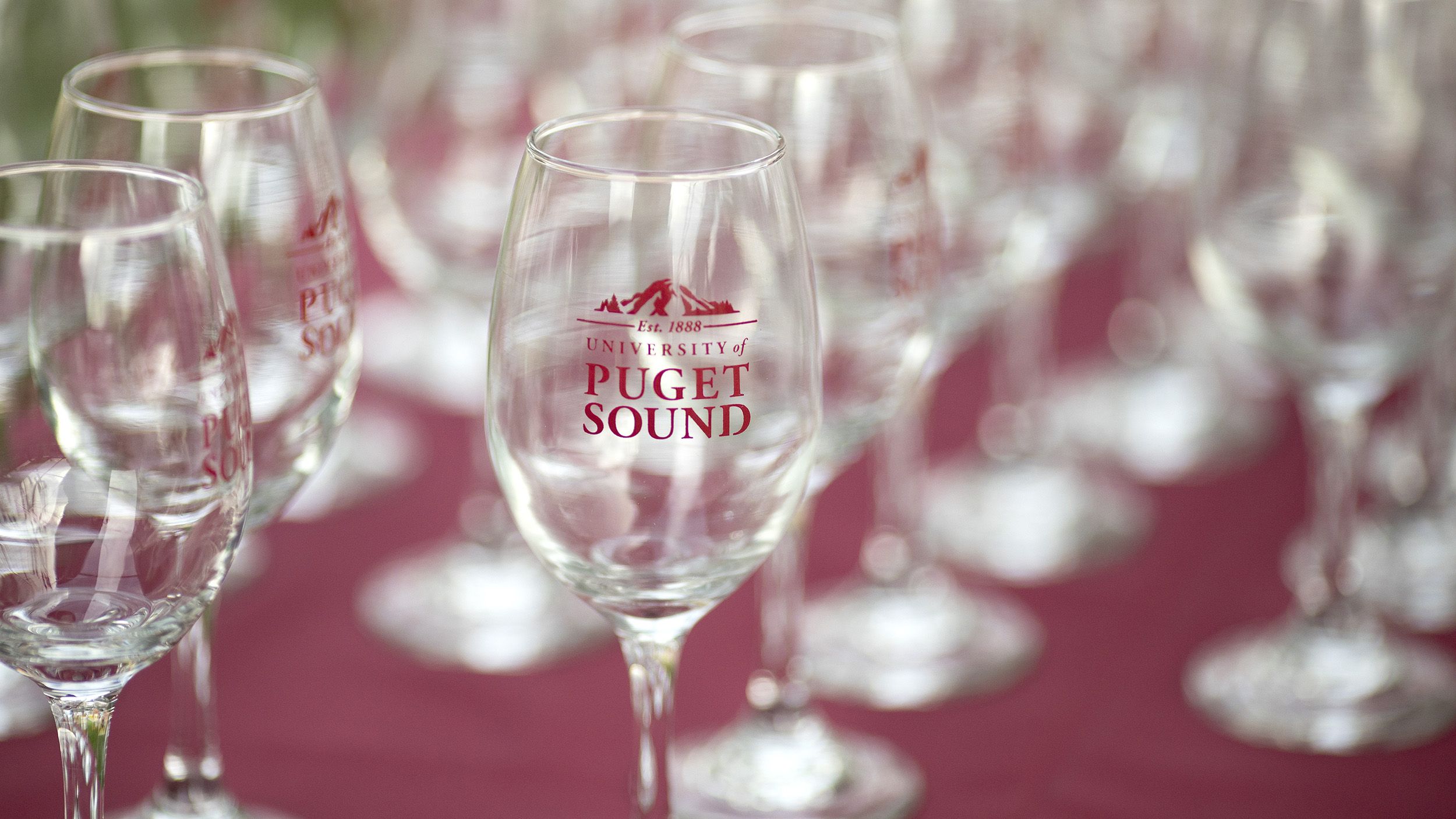Frances “Franny” Gilman ’10 had always wanted to be a veterinarian. But a trip to Belize as a Puget Sound pre-vet student changed her mind. There, she was given the chance to work in a local animal clinic and assist with minor surgeries, such as spay and neuter procedures. “I discovered I did not like blood or cutting up animals,” she recalls. “So, I realized, ‘All right, this might not work out for me.’ That was a good thing to learn.”

What she did enjoy was the small-group setting and mentorship she had gotten from professors in Puget Sound’s labs. She especially found inspiration in the labs of Mark Martin, an associate professor of biology, and Stacey Weiss, a professor of biology, who were studying the bacteria present in the cloaca (the external opening of the digestive and reproductive tracts) of lizards. It was 2009, and the field of microbial ecology was gaining steam. “There were really cool methods coming out that used more molecular and genetic sequencing techniques,” Franny says. “It was the potential of those methods that got me excited.”
After graduation, she enrolled in a Ph.D. program in microbiology at the University of Montana, where her research focused on how warmer temperatures induced by climate change are affecting the bacteria that live in permafrost. She traveled regularly from Montana to labs in Denmark and Greenland to conduct her work and, in the summer of 2015, had just returned from one of those trips when she realized she was running out of money. She was five months away from earning her degree and needed something more than her grad-student stipend or a teaching assistantship to make ends meet.
Browsing the local job listings, she found an opening for a microbiologist at a small biotech company called Blue Marble Biomaterials. She couldn’t believe her luck: “Missoula is not a huge town and not known for biotech companies,” she recalls. “I was still in school, so I wasn’t sure if they’d even be interested in me, but I figured I’d just reach out.”
With the help of her Ph.D. advisor, who knew Blue Marble’s CEO, Franny began consulting as a microbiologist part time for the young company. Blue Marble was working with companies in the food, flavor, and fragrance industries, aiming to find more natural ingredients for them to use in their products. Those ingredients most commonly came through extracting chemicals from plants, fermenting natural materials, or using “green chemistry”—creating chemicals free from hazardous substances. The work suited Franny: “I just loved the fast pace of that sort of startup environment, and I loved the variety of projects I got to work on,” she says.
After finishing her Ph.D., she signed on full time with Blue Marble and quickly learned that she enjoyed being a leader, teacher, and connector within the company. She eventually became senior vice president, in charge of Blue Marble’s research and development, and played a key role in shifting the company’s focus toward the hemp and hemp-oil industry. Under her leadership, the Blue Marble team took on a hemp extraction project, which led to an acquisition: Blue Marble was bought last May by Socati, a company specializing in the production of hemp extract. The extract contains cannabidiols (CBD)—chemical compounds that may help treat conditions like pain, insomnia, and anxiety—which makes it an in-demand ingredient in lotions and supplements.
Franny enjoyed leading the company to a new opportunity, but even so, she was restless to get back to her microbiology roots. In September, she took a job as director of R&D at a Minneapolis-based agricultural company called TerraMax, which makes soil inoculants—microbial additives that can improve crop health and crop yield. “They’re essentially like probiotics for the soil,” she explains. Inoculants can enhance the work of pesticides and fertilizers, and, in some cases, replace them altogether. Franny’s job at TerraMax is to lead a team of scientists in developing new inoculants and making the current ones better.
“It’s been a wild ride,” Franny says of her journey from a grad student researching permafrost to the field of green chemistry, then hemp products, and now agricultural innovation. At TerraMax, she says, “I’m excited to combine my leadership, business development, and microbiology skills all in one place.”

